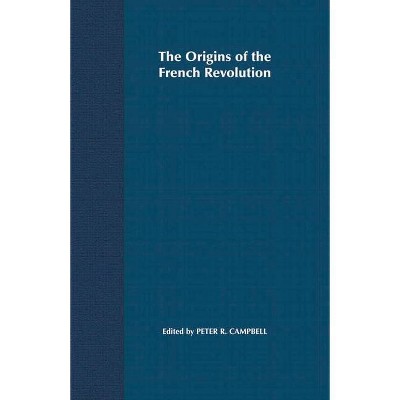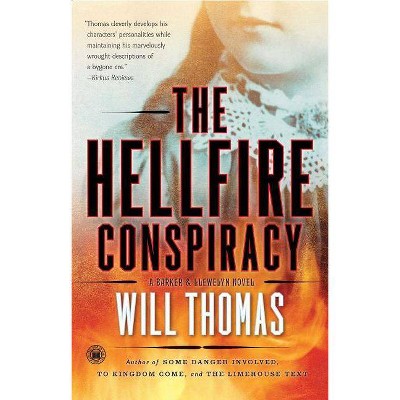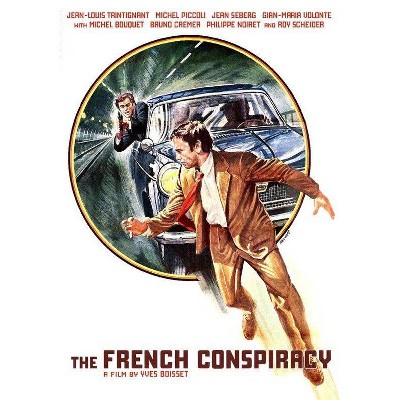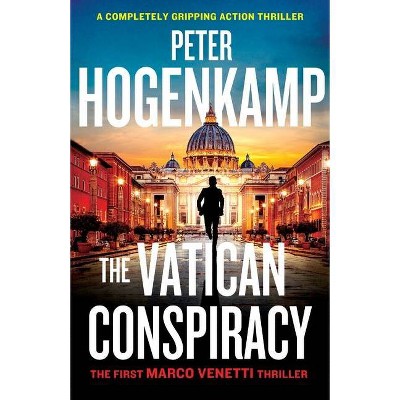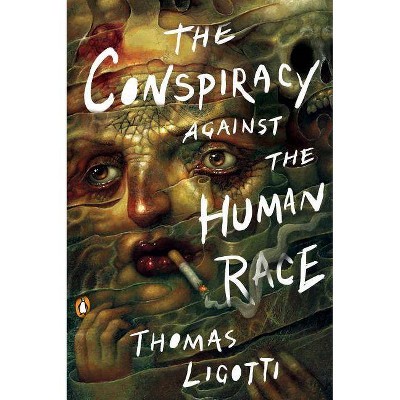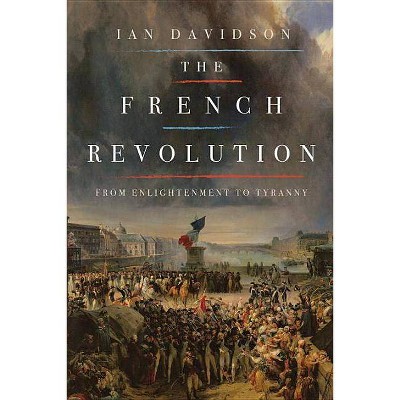Conspiracy in the French Revolution - by Peter R Campbell & Thomas Kaiser & Marisa Linton (Paperback)
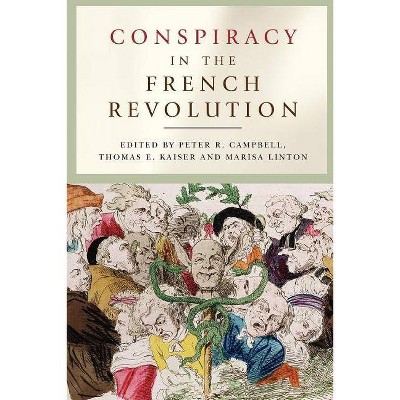
Similar Products
Products of same category from the store
AllProduct info
<p/><br></br><p><b> About the Book </b></p></br></br>Fears of conspiracy and political terrorism are not confined to our own time - they were central to the French Revolution. This is the first major study of political conspiracies at this momentous epoch in history.<p/><br></br><p><b> Book Synopsis </b></p></br></br>Conspiratorial views of events abound even in our modern, rational world. Often such theories serve to explain the inexplicable. Sometimes they are developed for motives of political expediency: it is simpler to see political opponents as conspirators and terrorists, putting them into one<br>convenient basket, than to seek to understand and disentangle the complex motivations of opponents. So it is not surprising to see that just when the French Revolution was creating the modern political world, a constant obsession with conspiracies lay at the heart of the revolutionary conception of<br>politics. <p/>The book considers the nature and development of the conspiracy obsession from the end of the old regime to the Directory. Chapters focus on conspiracy and fears of conspiracy in the old regime; in the Constituent Assembly; by the king and Marie Antoinette; amongst the people of Paris; on attitudes<br>towards the peasantry and conspiracy; on Jacobin politics of the Year II and the 'foreign plot'; on counter-revolutionary plots and imaginary plots; on Babeuf and the 'conspiracy of equals'; and finally on fear of conspiracy as an intellectual impasse in the revolutionary mentality. Inspired by<br>recent debates, this book is a comprehensive survey of the nature of conspiracy in the French Revolution, with each chapter written by a leading historian on the question. Each chapter is an original contribution to the topic, written however to include the wider issues for the area concerned. There<br>is an emphasis throughout on clarity and accessibility, making the volume suitable for a wide readership as well as undergraduates and advanced researchers<br><p/><br></br><p><b> From the Back Cover </b></p></br></br>Conspiratorial views of events abound even in our modern, rational world. Often such theories serve to explain the inexplicable. Sometimes they are developed for motives of political expediency: it is simpler to see political opponents as conspirators and terrorists, putting them into one convenient basket, than to seek to understand and disentangle the complex motivations of opponents. So it is not surprising to see that just when the French Revolution was creating the modern political world, a constant obsession with conspiracies lay at the heart of the revolutionary conception of politics. The book considers the nature and development of the conspiracy obsession from the end of the old regime to the Directory. Chapters focus on conspiracy and fears of conspiracy in the old regime; in the Constituent Assembly; by the king and Marie Antoinette; amongst the people of Paris; on attitudes towards the peasantry and conspiracy; on Jacobin politics of the Year II and the 'foreign plot'; on counter-revolutionary plots and imaginary plots; on Babeuf and the 'conspiracy of equals'; and finally on fear of conspiracy as an intellectual impasse in the revolutionary mentality. Inspired by recent debates, this book is a comprehensive survey of the nature of conspiracy in the French Revolution, with each chapter written by a leading historian on the question. Each chapter is an original contribution to the topic, written however to include the wider issues for the area concerned. There is an emphasis throughout on clarity and accessibility, making the volume suitable for a wide readership as well as undergraduates and advanced researchers<p/><br></br><p><b> Review Quotes </b></p></br></br><br>"This is an excellent volume - one of the most coherent and consistently engaging edited collections I have read in quite some time. A stimulating volume on a theme of immense importance to the historiography of the Revolution."--Darrin McMahon, Florida State University <p><br> .<br><br>"This is an excellent volume -- one of the most coherent and consistently engaging edited collections I have read in quite some time. A stimulating volume on a theme of immense importance to the historiography of the Revolution." --Professor Darrin McMahon, The Ben Weider Professor of History, Florida State University<br><p/><br></br><p><b> About the Author </b></p></br></br><br>Peter R. Campbell is Senior Lecturer in History at Sussex University <p/>Thomas E. Kaiser is Professor of History at the University of Arkansas at Little Rock <p/>Marisa Linton is Senior Lecturer in History at Kingston University<br>
Price History
Price Archive shows prices from various stores, lets you see history and find the cheapest. There is no actual sale on the website. For all support, inquiry and suggestion messages communication@pricearchive.us
